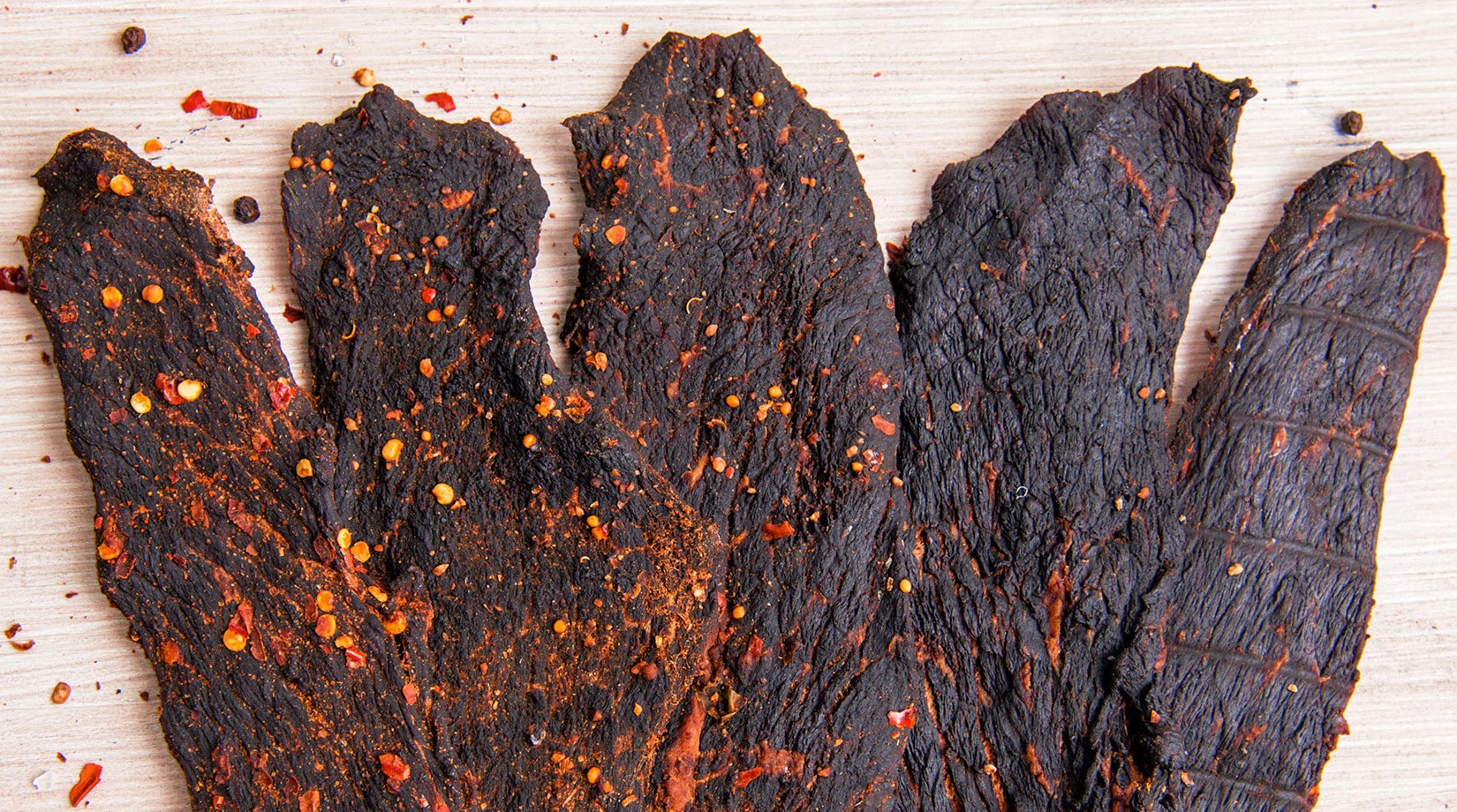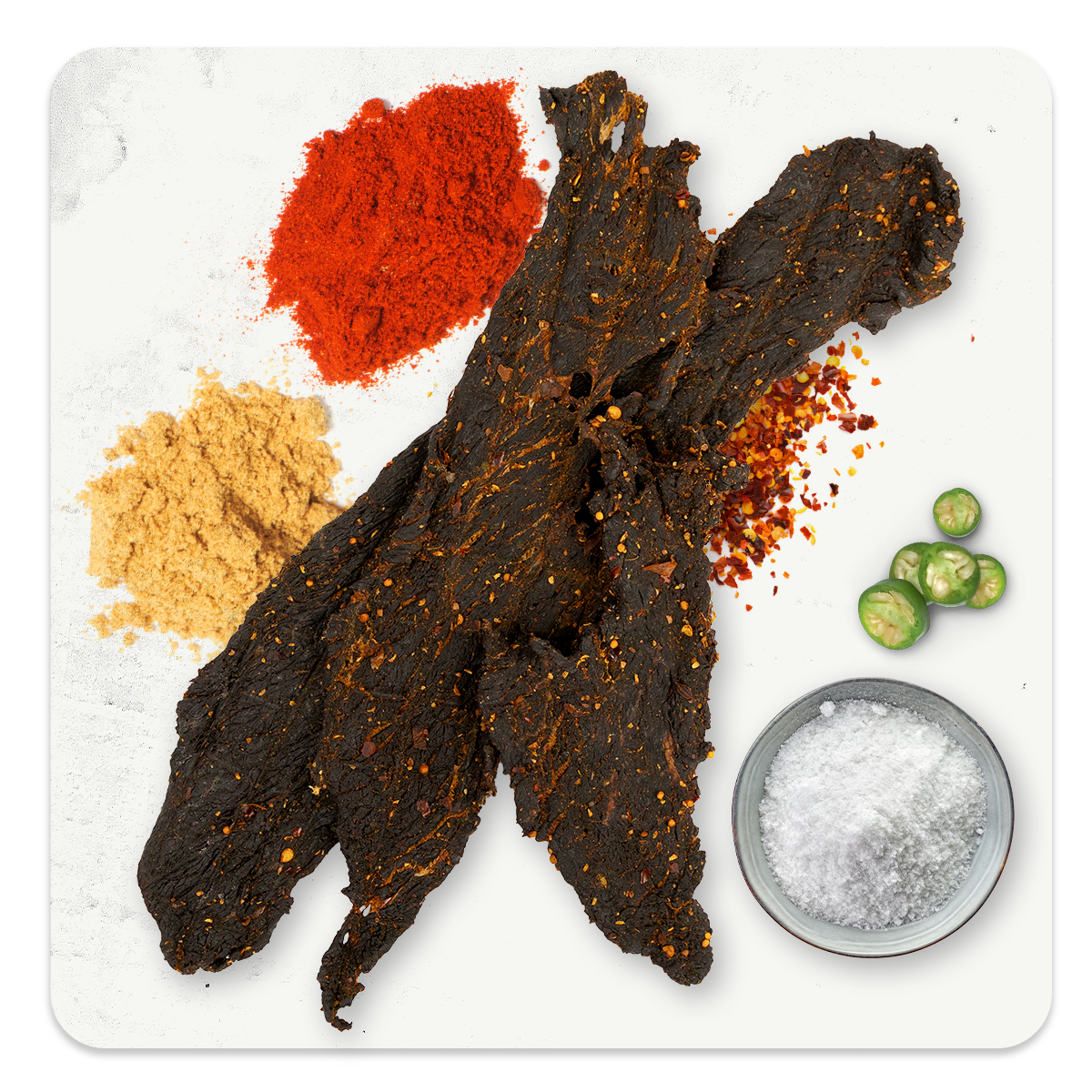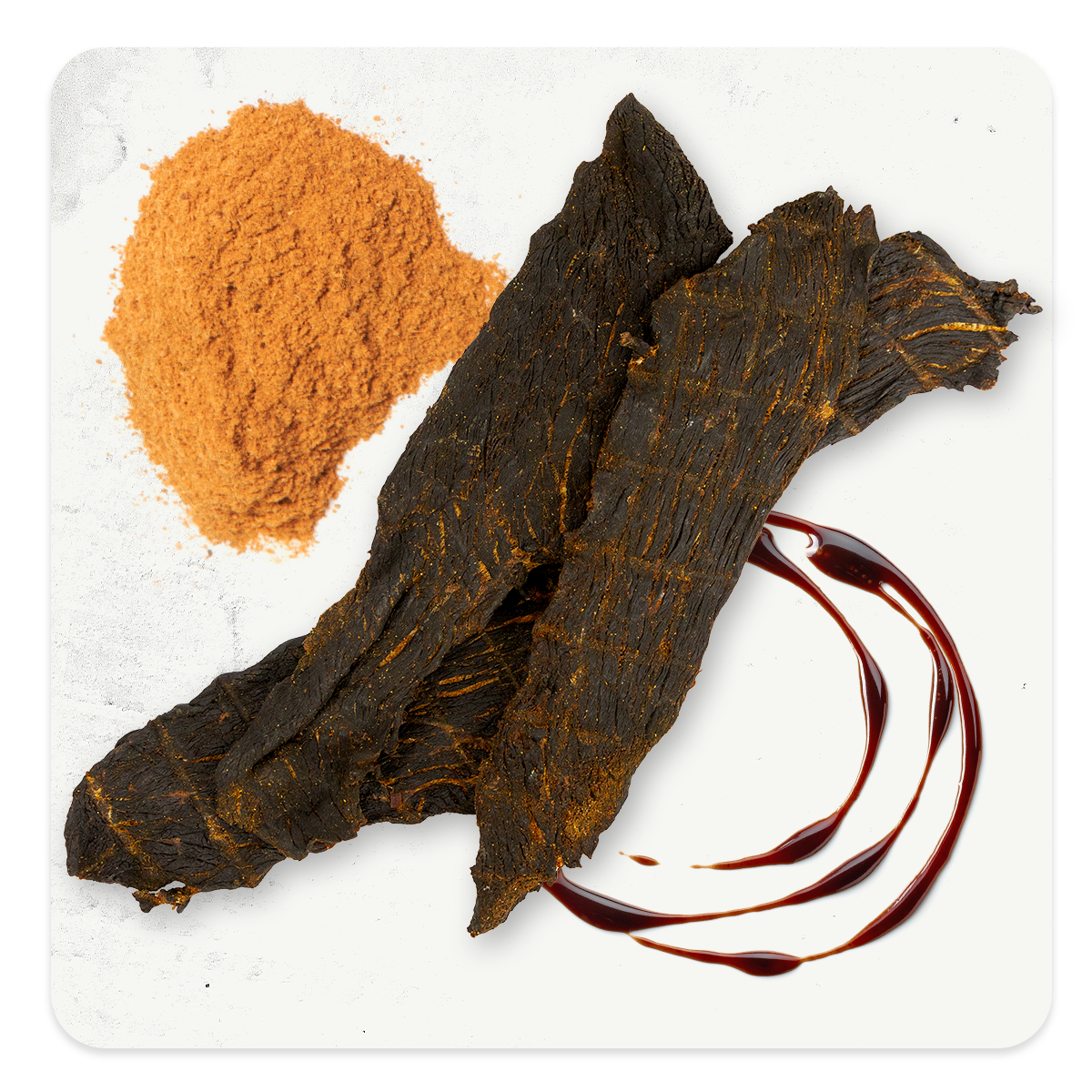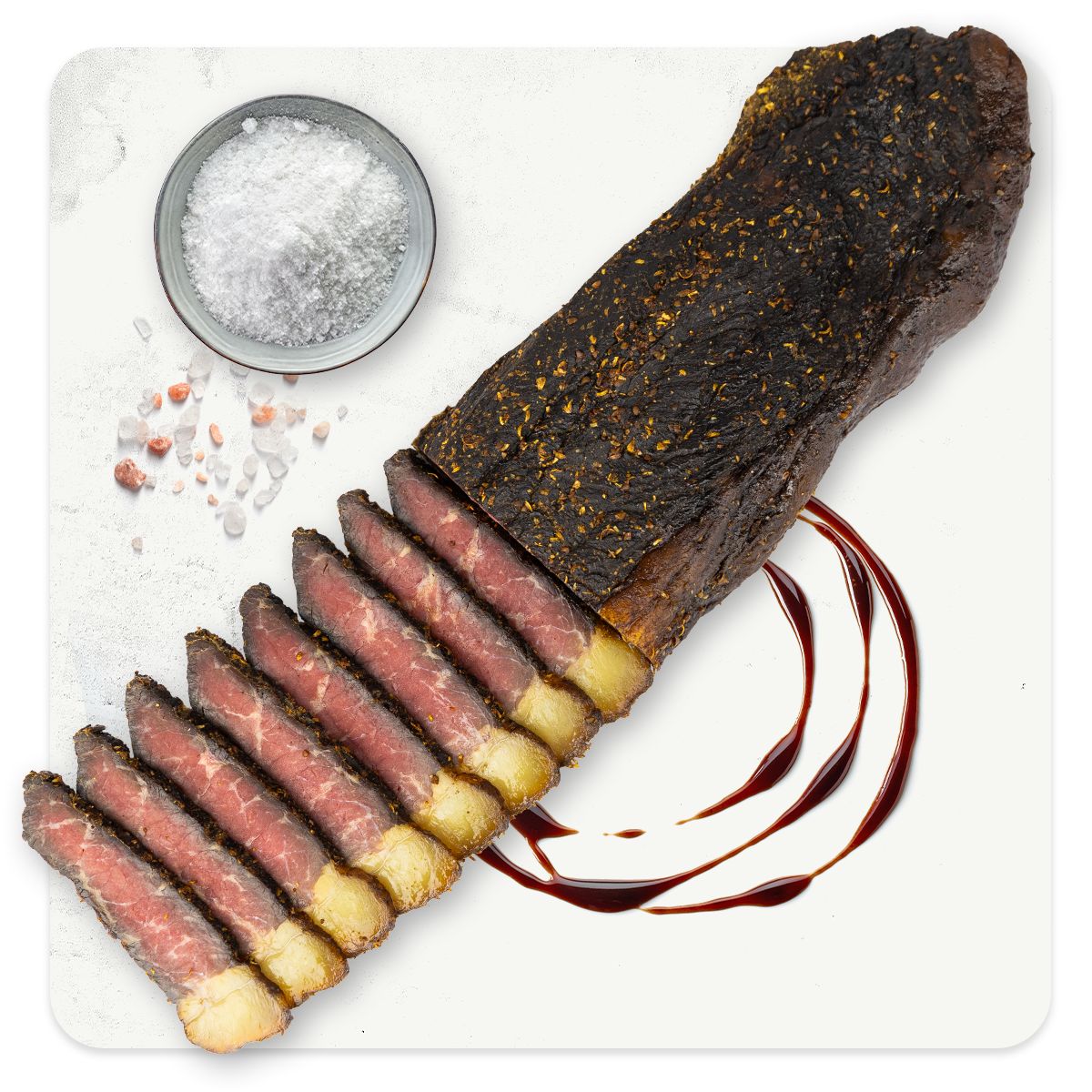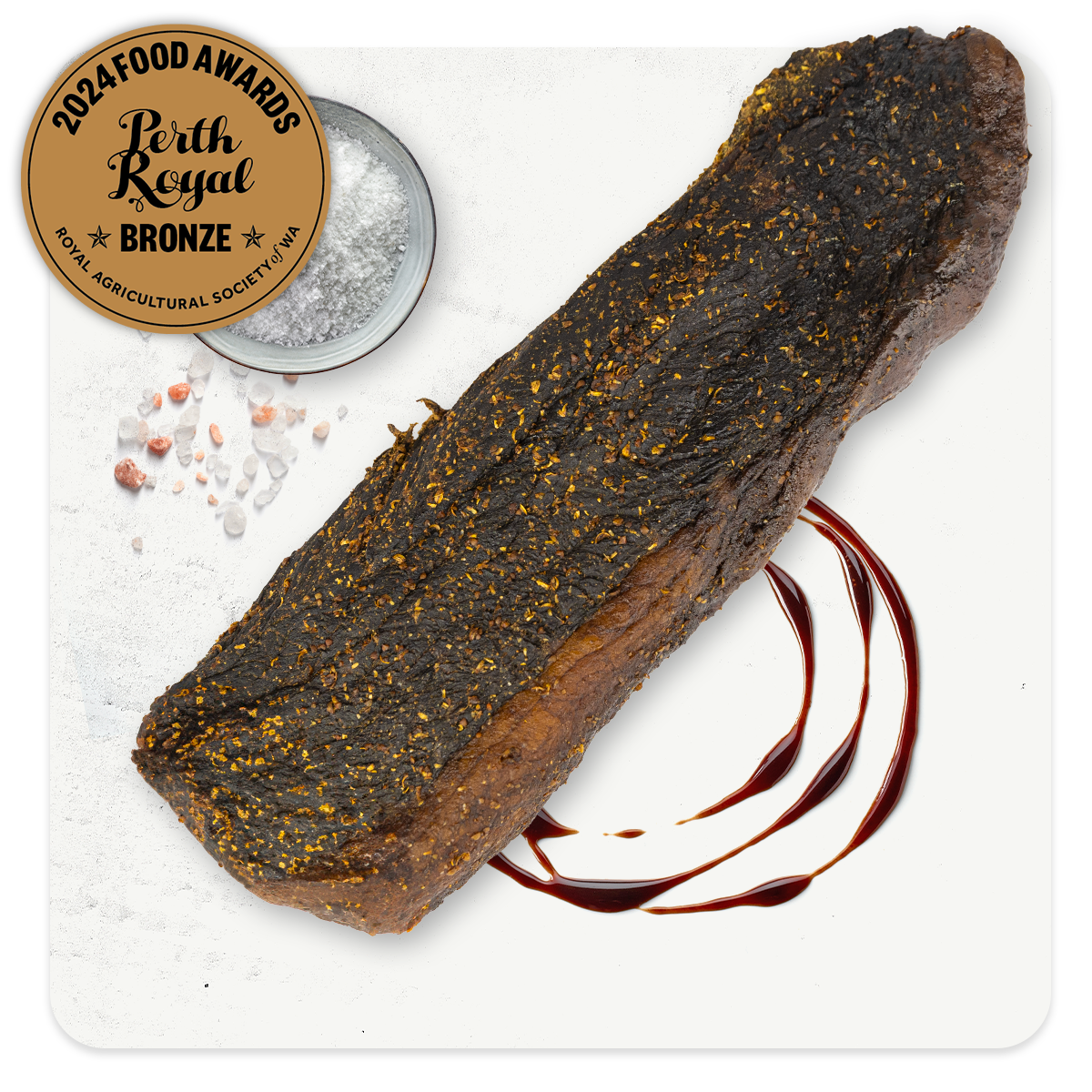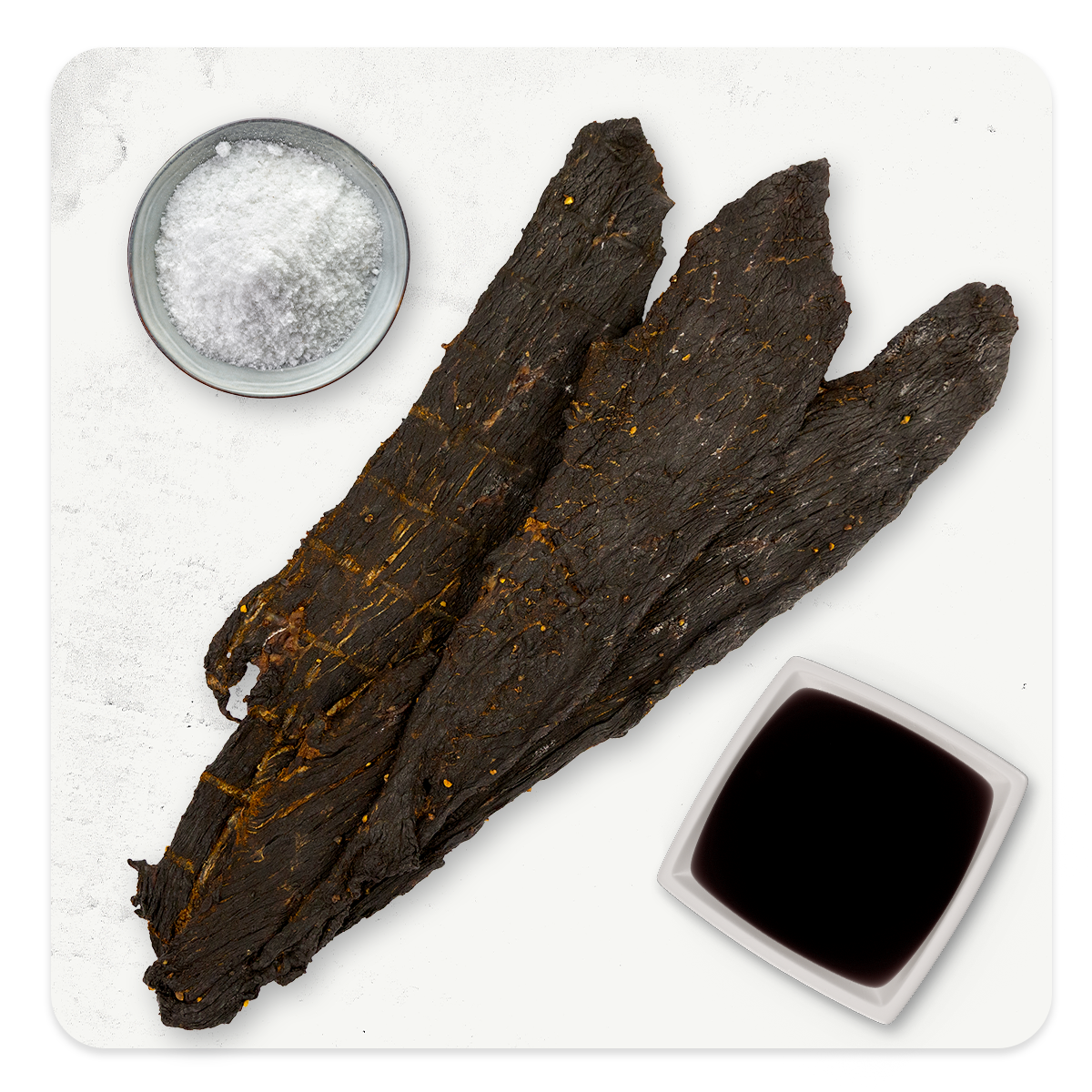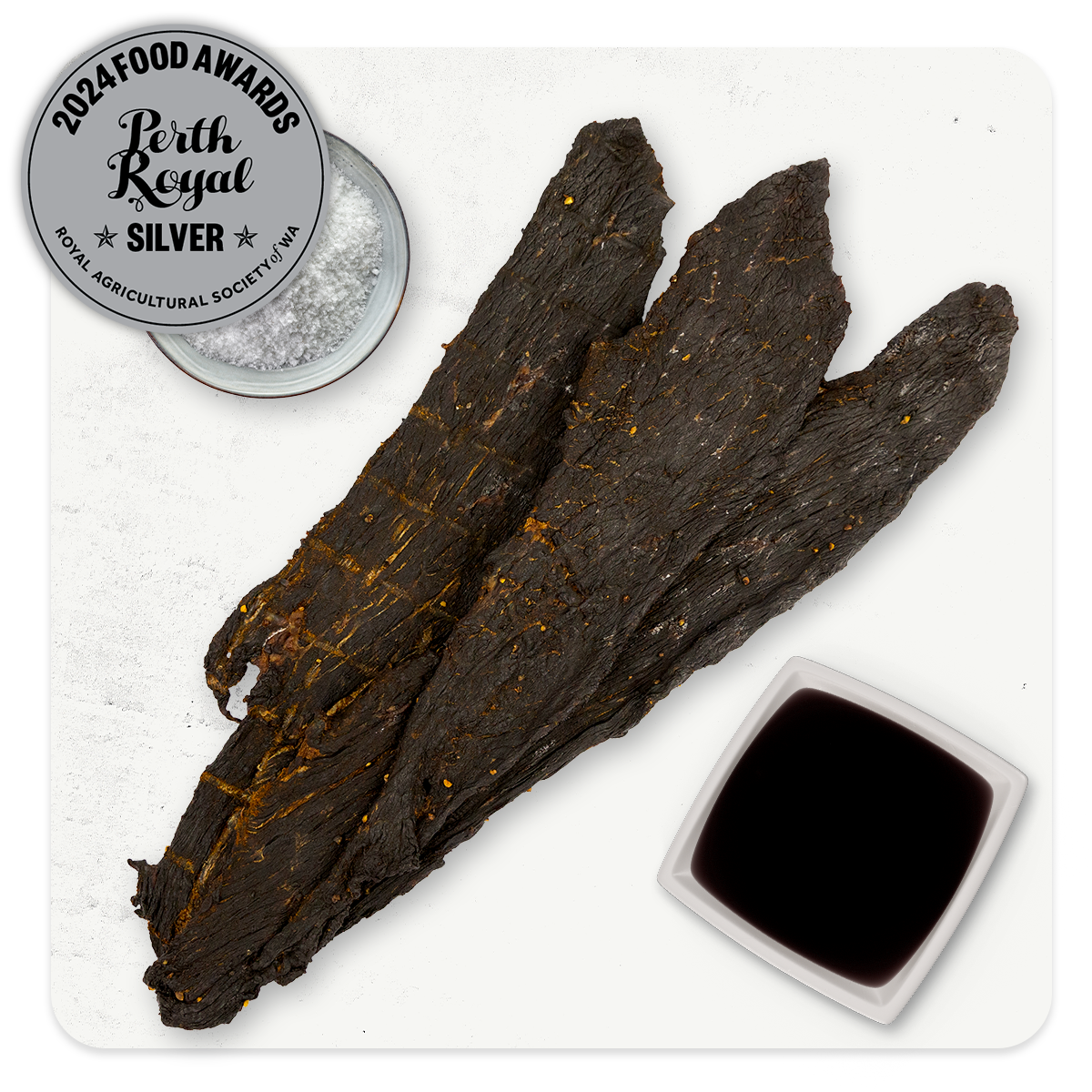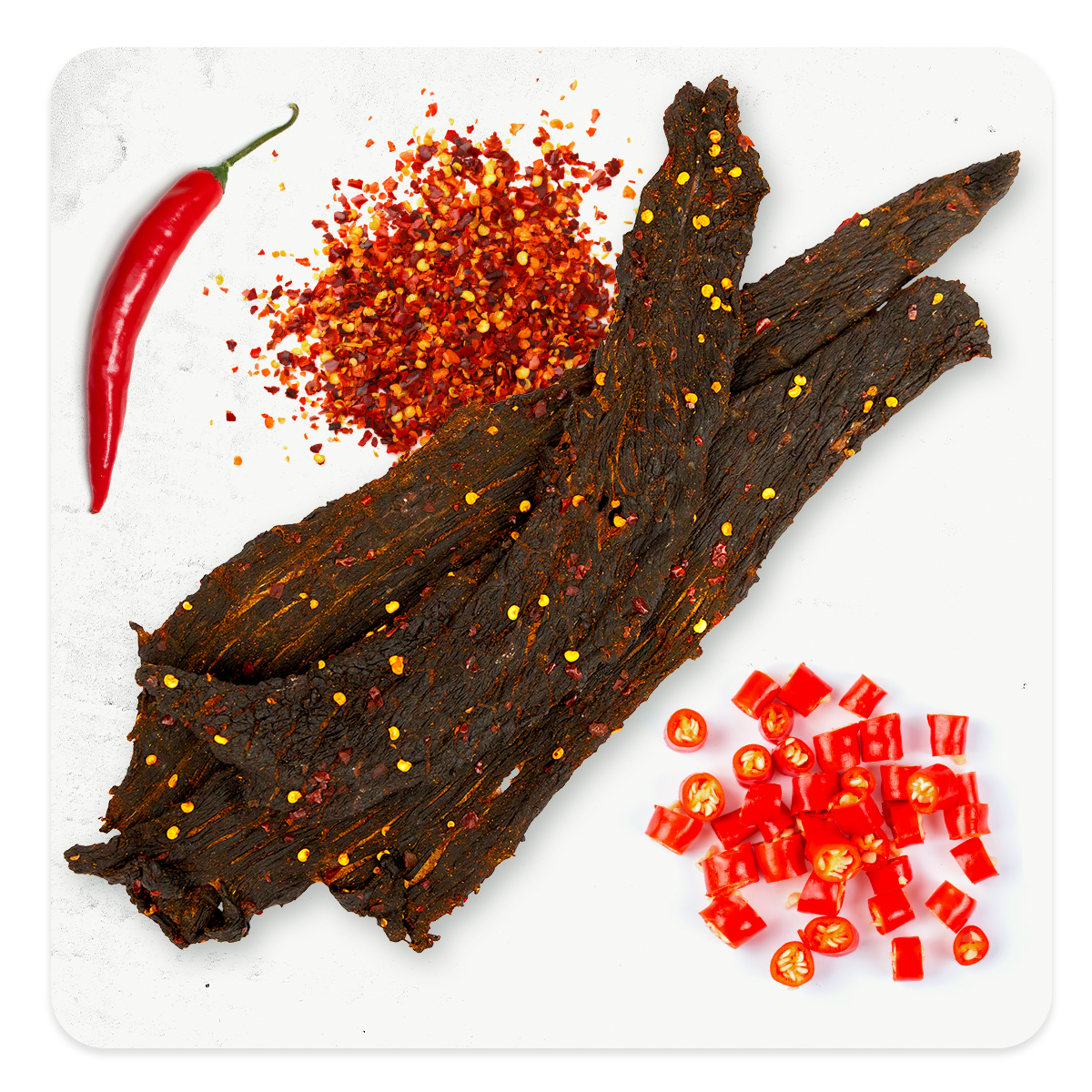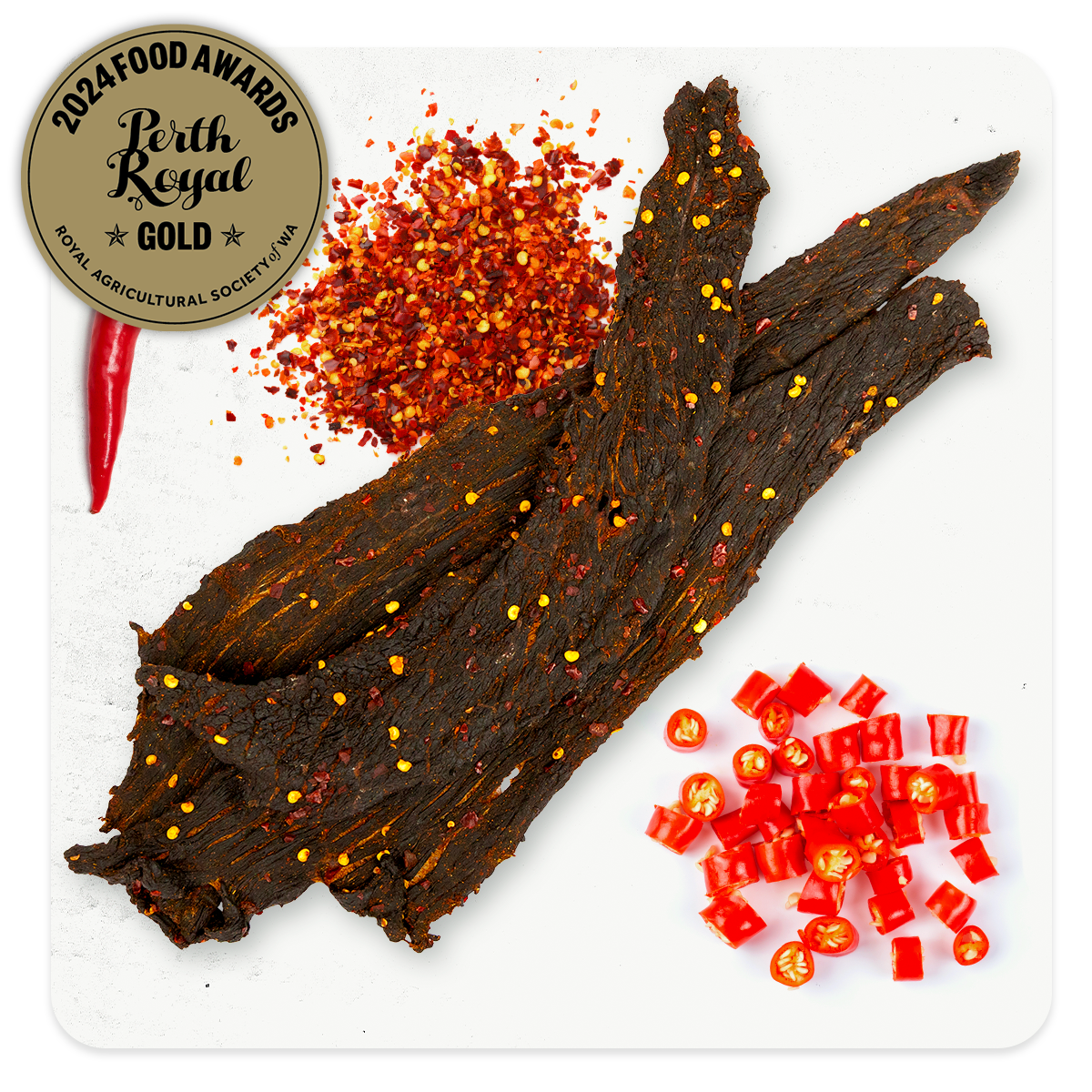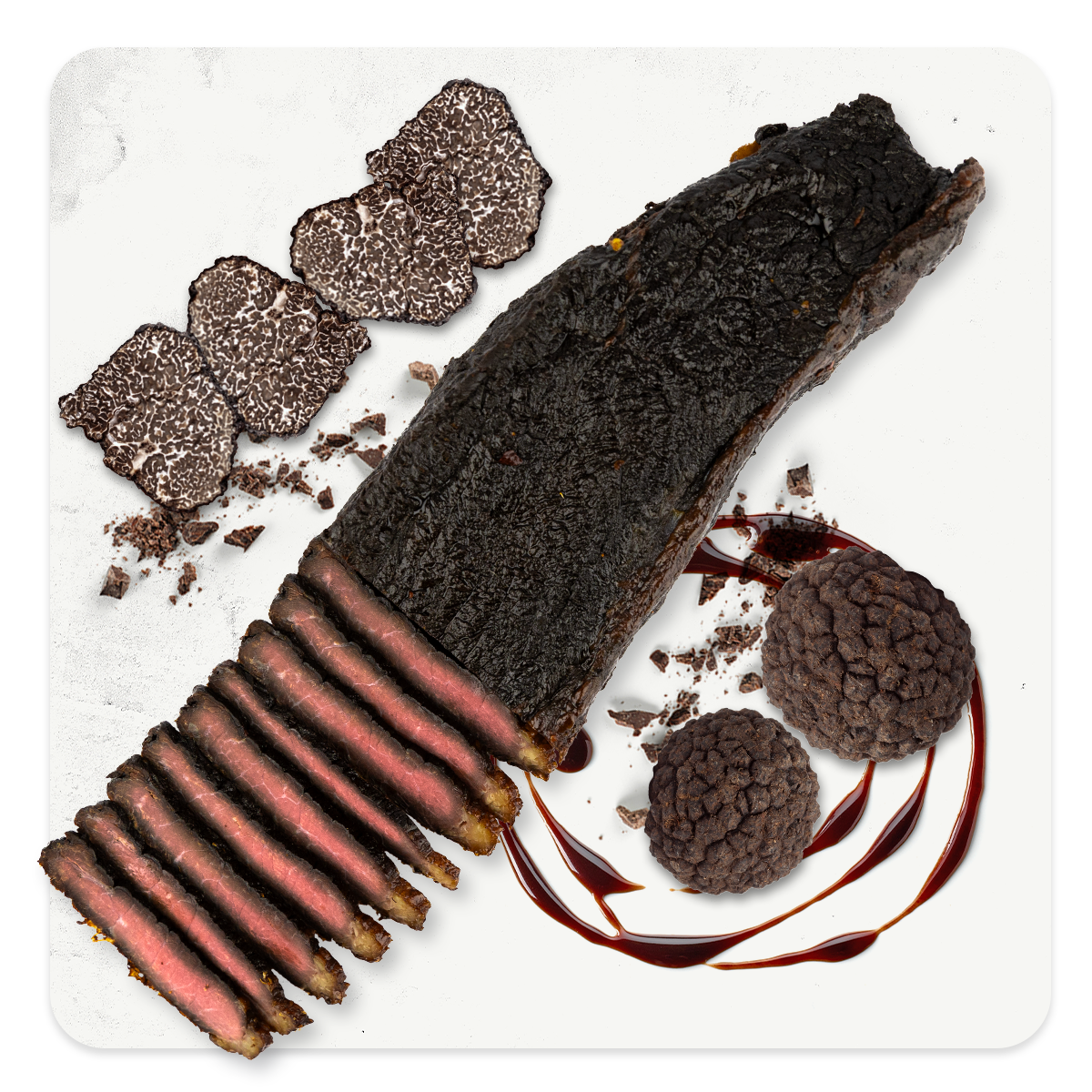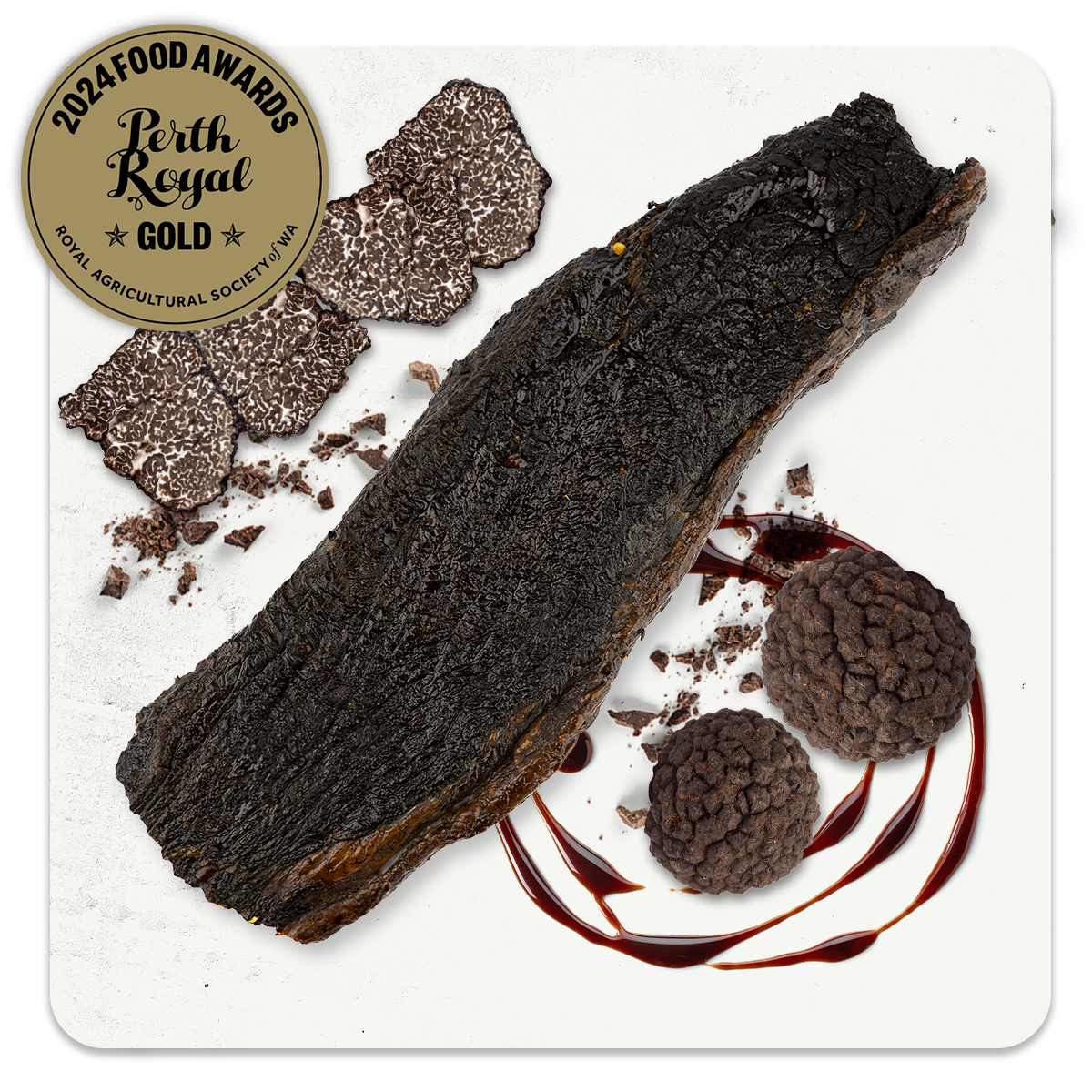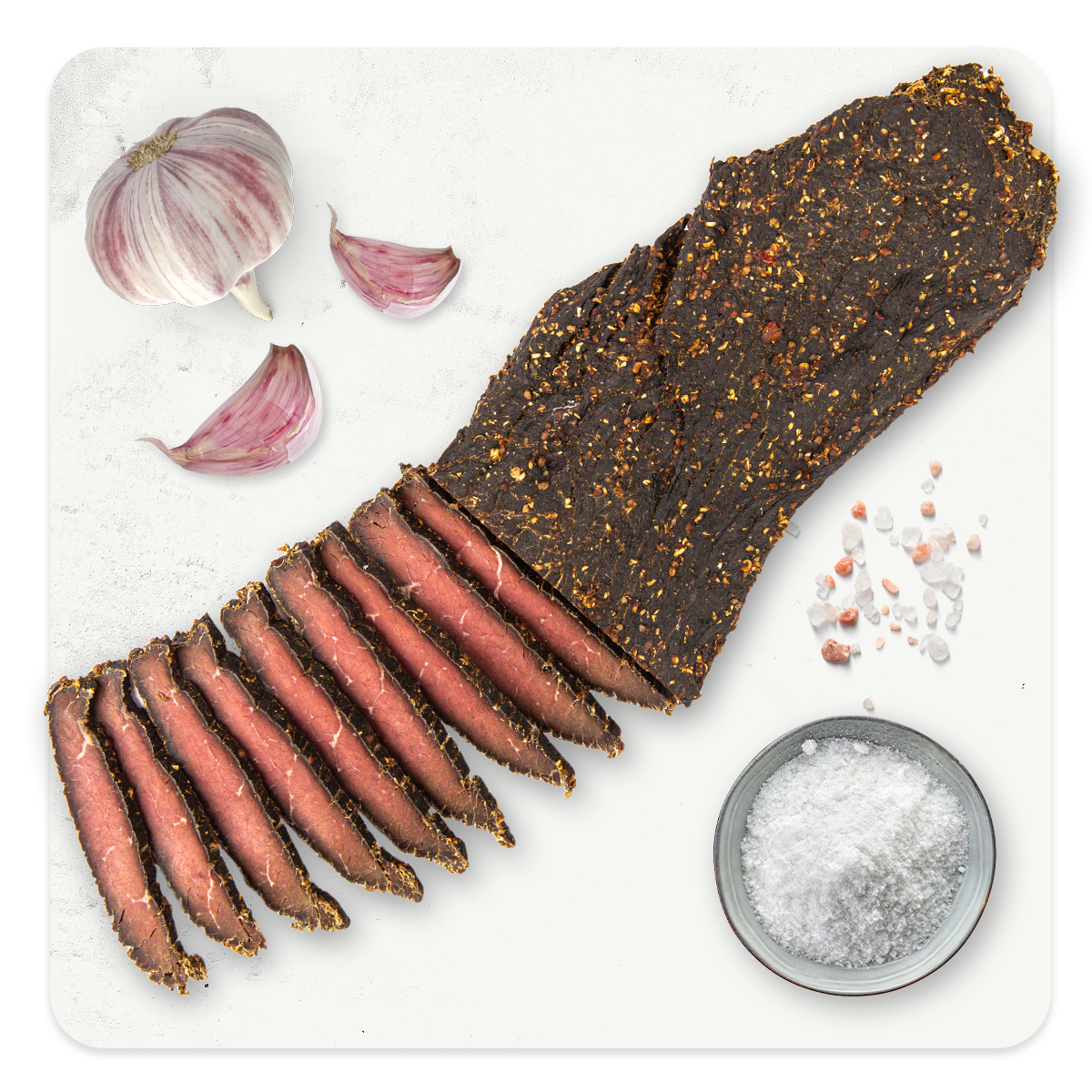Protein is integral to a balanced diet because it's the main dietary nutrient that sustains our muscles. Our day-to-day activities require energy and healthy functioning muscles, and protein is key to providing this. Those who do particularly physically demanding jobs or those who do strenuous exercise are going to need to include more protein-rich foods in their diets than others.

Foods with a high protein content have become very popular in recent years. A lot of yoghurts, plant-based foods and even dessert options such as ice cream loudly advertise how much protein is included in each serving. But are these the best sources of this nutrient? Well, although there's nothing wrong with them, they often consist of synthetic proteins whereas other sources like meat, eggs and nuts are naturally high in complete protein. It is recommended to include protein from a variety of food sources to maintain a healthy, balanced diet.
What are the best sources of protein?
As previously mentioned, meat, eggs and nuts are great sources, along with cheese, chickpeas and greek yoghurt. But of all these sources, red meat is the most protein-rich, and when you consider things like availability, price and our culinary culture here in Australia, beef is the obvious choice of red meat.
Protein is made up of essential amino acids, and because beef has a very similar amino acid profile as ours, it is the best source for human consumption as a complete protein. Other red meats like kangaroo, venison and lamb are also great sources of protein.
How much protein is in beef?
It depends on the cut, but generally, fresh-cooked lean beef will consist of around 26 – 27g of protein per 100g. Super lean cuts like topside or blade steak will be slightly more protein-rich while cuts with higher fat content, such as scotch fillet or porterhouse, will have slightly less protein.

When beef is air-dried, protein content can be boosted to around 60g per 100 grams of beef. This is because the removal of moisture through the drying process results in a higher concentration of protein. So if your gym buddy sees you snacking on some dried meat and asks does beef jerky have protein, or is biltong high in protein—you can tell them they are among the most protein-rich, low fat, low carbohydrate snack foods available.
How can I add more protein to my diet?
Snacks are a great way to get more protein in your diet, and the best snacks for this are meat snacks such as jerky and biltong. They're so protein dense that a handful here and there will greatly boost your intake without having to indulge in large slabs of meat. They are a much healthier option than chips and lollies which offer very little nutritional value and are high in calories, saturated fat and carbohydrates.
As well as being great for snacking, biltong can also be a great addition to your main meals. Salads, sandwiches, pizzas, stews and many more dishes can all benefit by adding biltong as it's the softer of the two products.
For more tips on boosting your protein intake, check out our previous blog here.
And if you want to read more about the health benefits of our delicious biltong, check out our recent blog here.

What are the health benefits of a high protein diet?
As previously mentioned, protein is the nutrient that rebuilds your muscle mass. It also helps to keep you feeling full, which is excellent for weight loss or maintaining a healthy body weight.
But in addition to beef being a great source of high-quality protein, it is also an excellent source of other nutrients including iron, vitamin B12, niacin, riboflavin, vitamin B6 and zinc. The benefits we enjoy from these nutrients include:
- Reduced tiredness or fatigue
- Hair, nail and skin health
- Maintain cognitive function
- Healthy immune system
The recommended daily protein intake for women aged 19 – 70 years is 46g per day while for men in the same age bracket it's 64g per day. Beyond 70, the recommended daily intakes are 57g and 81g respectively. So if you're struggling to reach those targets then it would be a good idea to think about finding ways to get there. As we've already mentioned many times in this blog and in the past, beef jerky and beef biltong are excellent ways to boost that intake with their protein content reaching as high as 60g per 100g of meat.
If you've decided to get on a bit of a health kick, or you're just becoming a bit more conscious about what you eat, then it's definitely worth taking a look at how much protein you consume per day. While chicken and fish are both good sources of protein, beef contains much more by weight, and is by far the most readily available of all red meats in Australia. Better yet, treat yourself to the best high-protein snacks money can buy from us here at The Jerky Co. That way you can hit your nutritional goals and feel less guilty when you reach into the pantry for a quick bite. Browse our range of beef jerky and beef biltong online now!
Disclaimer
Let's be real, we aren't claiming to be experts here! This advice is general only, and you should always consult your doctor or a registered dietitian for more personalised dietary advice.


